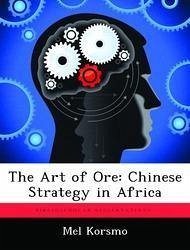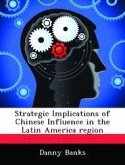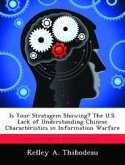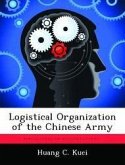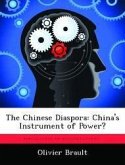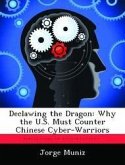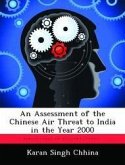A powerful theme undergirding US national security strategy is guaranteeing assured access to resources. Shortly after 9/11, increasing Chinese acquisition of minerals and mineral fuels in Africa and worldwide highlighted possible future competition over scarce resources. Many analysts decried Chinese actions, for the Chinese offered aid in exchange for resources without any of the West's restrictions that required demonstration of democracy, good governance and increased transparency. Why is China acquiring strategic minerals and mineral fuels from African states? Does China have any objectives beyond resource acquisition? Is Africa a future flashpoint for colliding strategic interests or an opportunity for Sino-American cooperation? The purpose of this research is to assess China's grand strategy in light of its acquisition of mineral and petroleum resources in Africa. It provides a comprehensive framework for understanding the recent development of strategic competition between the United States and China. It does this in three stages: first, it assesses China's expansion in comprehensive national power using a geopolitical, holistic framework; second, it considers how China's domestic and international environment, national interests, objectives, statecraft, and instruments of power collectively shape development of China's foreign affairs strategy; third, it combines these previous two elements and sets them within the context of China's expanded engagement in Africa. This latter stage demonstrates that China's strategy in Africa is manifold, involving acquisition of mineral and petroleum resources, and just as importantly establishing markets, solidifying relationships, and expanding influence. The conclusion considers the resulting implications for the United States from this Sino-African engagement.
Hinweis: Dieser Artikel kann nur an eine deutsche Lieferadresse ausgeliefert werden.
Hinweis: Dieser Artikel kann nur an eine deutsche Lieferadresse ausgeliefert werden.

